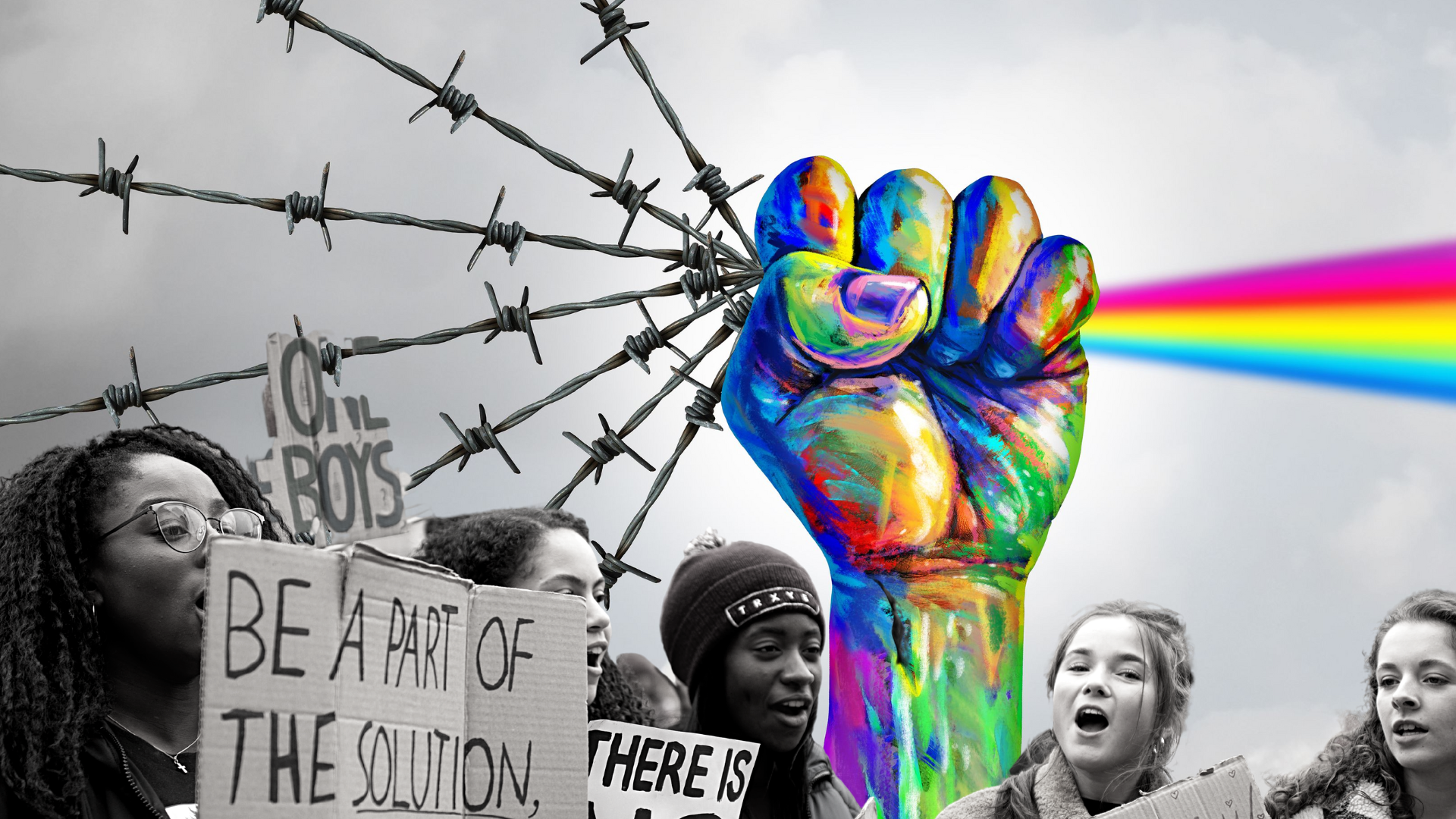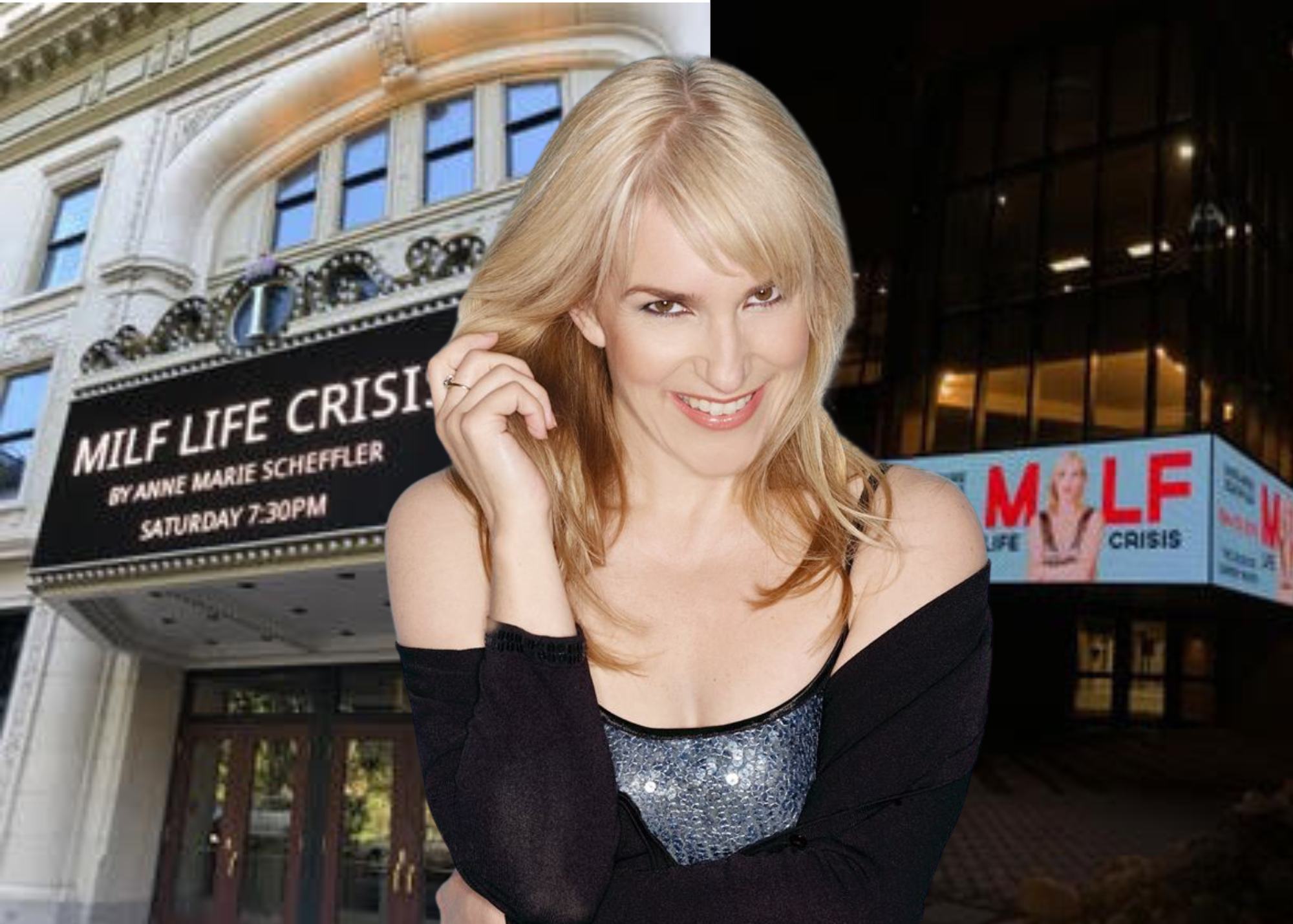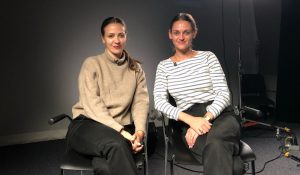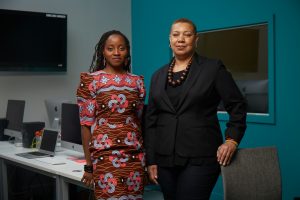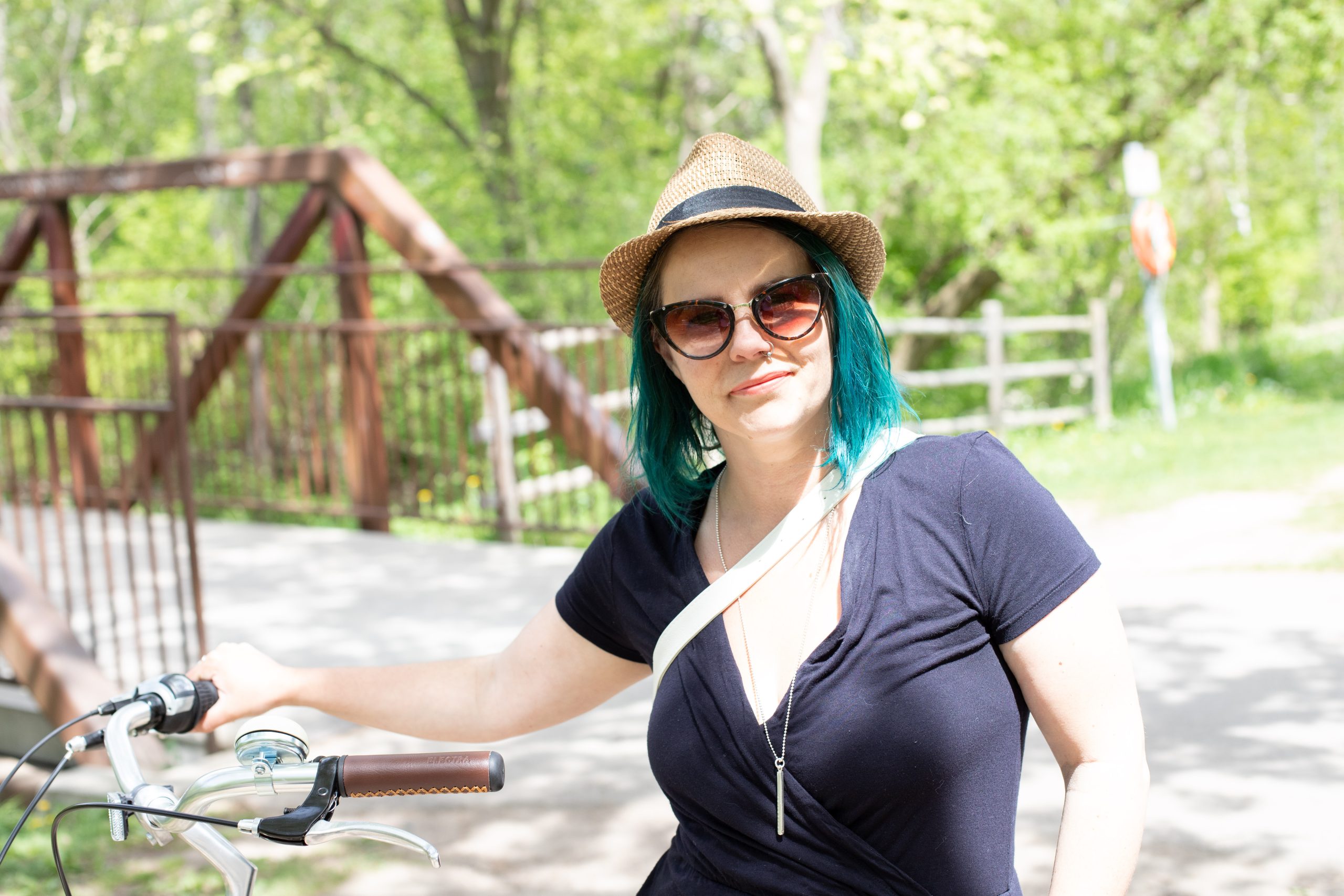
As an entrepreneur, what’s your time worth to you?
Now, what’s having control of your time worth?
For most people who own their own business–especially small businesses owned by women–the answer is a lot. Studies show small business owners regularly work more than 50 hours a week, with 68 percent of those hours spent just managing daily tasks, such as emails or phone calls, and only 31 percent of that time spent actively growing their business. Moreover, in a 2021 survey, 41 percent of small business entrepreneurs reported being called away to handle a work-related matter, even when they were actively trying to take a break.
These are the kinds of problems Toronto-based Jennifer Hazel of Curate Concierge has set out to solve.
Essentially, Curate Concierge helps entrepreneurs design and implement tightly curated, streamlined, technology-enabled work flows so that founders spend more time on their business rather than in their business.
“My services appeal especially to growing small businesses and entrepreneurs looking to scale their systems operations to fit the budget, the needs, and the projection of their own growth,” Hazel adds. “ Our solutions are also really customized, scalable and agile– ones that can adapt.”
Similar to the way a scientist needs carefully crafted, systematically controlled research practices in order to conduct a successful experiment and gather the most accurate and useful data, small businesses too, need efficient, personally tailored operational and data gathering systems to be successful.
Everyone knows this. But there is seemingly never enough time. And few founders go into starting a business dreaming about building a starship enterprise style operating system or healthy approach to work. They figure out the importance later on.
This is a story Hazel knows well.
After returning from a maternity leave, Hazel says she returned to a job in which her duties were so “dramatically altered that I couldn’t really work it anymore.” With her young daughter at home and dependent on her, Hazel, who had initially been studying to be a lawyer, found she had to “make a shift very quickly,” and went into a retraining program to be a paralegal.
Why Entrepreneurship?
“It wasn’t like I chose to be an entrepreneur at that point,” says Hazel. “Paralegal seemed like a good middle ground and timing wise, it fit. I was relying on a childcare subsidy that I absolutely had to keep – but you absolutely have to be employed or in school or…you have to be working.”
When she finished the program, however, Hazel found herself in an awkward position–she couldn’t work as a paralegal yet, because she was waiting for her licensing to come through, but was severely over qualified to be an administrative assistant. Hazel began thinking about the practice management skills she had learned during her certification as a paralegal, and that’s when the idea of running her own business “started to gel.”
Taking the Busy out of Business
Entrepreneurs–particularly women and especially women with kids– come up against “structural barriers” within contemporary work culture that not only make it harder for them to succeed, but create an emotionally and professionally damaging environment.
Hazel soon realized she had skills which could help other entrepreneurs not only build less “busy” time sucking businesses, but better lives., Hazel’s business, Curate Concierge started as a business admin company for “twenty bucks an hour, in between (her) daughter’s naps and after she went to bed.”
“I think I posted an ad or responded to an ad (for work) or something in a Facebook group for East End Toronto mom entrepreneurs,” she says. “These were all women with businesses who, a lot of them, were on maybe their second mat leave, or were in between jobs or had recently left their place of work because (the job) didn’t work for them–the hours didn’t work for them, or the work was not aligned (with what they needed).
Despite the freedom on being an entrepreneur, “They (the women entrepreneurs) were burning the fuck right out because, I mean, insert any one of a million reasons why the traditional job market is hostile to women working parents– and, you know, add in any other intersectionalities on top of that–and you just start to find yourself lower and lower down in the economy.”
From these experiences, Hazel conceived Curate Concierge–although it certainly wasn’t easy, she says, noting that in the beginning she was under charging for her services and over extending herself personally–things she seeks to help her clients overcome now.
“It cost me in the beginning way, way more to offer my services than I ever made from it,” she says. “I started learning the lesson (that I) had to value my time–that came very very quickly.”
That lesson became even more important, she says, when she and her partner split, taking her from a dual income parent to a single one–an incident that helped guide her to incorporate feminist ideology into her business, albeit “by accident.”
“That split came, and suddenly the stakes got so much higher–I had to support myself and two little kids by myself as a solo parent…Toronto is one of the most expensive cities in the world, and I found myself tied here in a co-parenting relationship.”
Although this was difficult, Hazel says the split was ultimately good, because it allowed her to see herself and her work from new, feminist-oriented perspectives.
“The imbalance (in my work life) started, really, when my children arrived–or, really, if we go back a little bit further than that, the fact that I got knocked up before I could even start my career,” she says. “This was where my life was at the time, and these were things that were not as smack-in-the-face prominent to me at the time, when you start to realize the gender imbalance in the home and in the workplace.”
“The only reason my new business could take off,” Hazel adds with a laugh, speaking of the unpaid domestic and emotional labour she juggled prior to her separation, “is the fact that I wasn’t cleaning up after after a quote unquote ‘third child’ in addition to my other two actual children.”
Beating Toxic Productivity Culture
The idea that you have to be constantly on and constantly available as a worker–or as a business owner–is a toxic one, says Hazel, and something she works hard to recondition both systems and her clients to fight against. One client, for example–a lawyer who was used to always being “on”–was getting ready to take a vacation for a week, and asked Hazel to watch her inbox for her, even though no one was in litigation and she didn’t really need someone to be paying attention to her emails–she was just so accustomed to being available that she assumed she had to be, even though it wasn’t necessary.
“I said, ‘Okay, does the auto responder work on your email? Then why don’t you just turn it off, save yourself the money and enjoy your week at the cottage?” she says. “It was honestly so unheard of for her, and she wrote back to me in such shock at such a simple suggestion…those are really common stories that I get with clients.”
Hazel says helping her clients see and beat these toxic patterns is incredibly rewarding for her, especially when it leads to realizations for those clients about creating better and more balanced lives –and businesses for themselves.
“This is exactly why I went into business for myself,” Hazel says.
Publishers Note: Curate Concierge participated in the Fifth Wave Initiative, a year-round program offered by CFC Media Lab and its partners to support the growth and development of women entrepreneurs in the digital media and commerce sector in southern Ontario. All enterprise founders in the Fifth Wave community are selected for both their potential and commitment toward weaving intersectional feminist ideals of equity and fairness into sustainable and scalable business growth strategies. Fifth Wave Initiative is committed to a minimum of 50% participation per cohort by members of underrepresented groups. The Fifth Wave is a LiisBeth ally sponsor at the Lighthouse level.
Related Reading

The OPS Collective – One Woman’s Vision, Many People’s Opportunities.
For Moore, keeping overheads down by designing and implementing a frictionless, flow-based business model and finding clients are critical factors for a successful business.

At Home With Your Values
A construction co-op strives to stop exploitation of workers, women, and the environment.

Get (More) Shit Done: Outsource to Level Up Your Entrepreneurial Game
Katrina McKay didn’t set out to start an outsourcing business but a desire to create abundance for others led her there.





